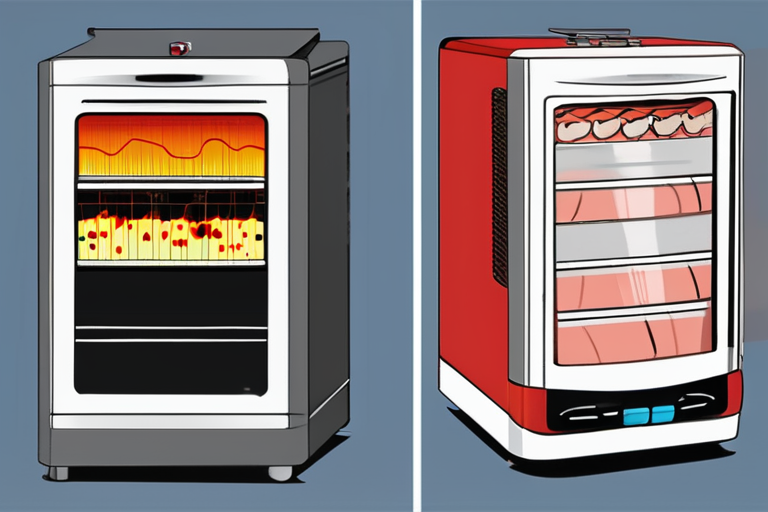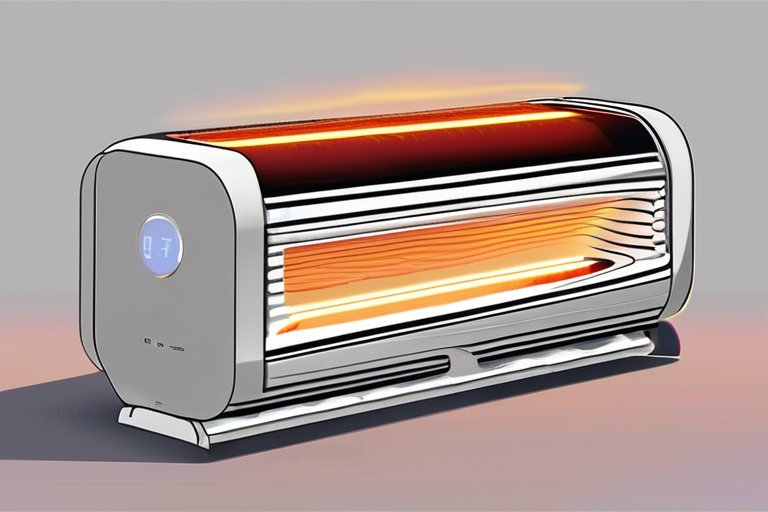The quest to find out how our bodies react to extreme temperatures


Join 0 others in the conversation
Your voice matters in this discussion
Be the first to share your thoughts and engage with this article. Your perspective matters!
Discover articles from our community

 Hoppi
Hoppi

 Hoppi
Hoppi

 Hoppi
Hoppi

 Hoppi
Hoppi

 Hoppi
Hoppi

 Hoppi
Hoppi

Heat Waves Accelerate Aging, Study Finds A recent study published in the journal Nature Climate Change has revealed a disturbing …

Hoppi

Hidden "Backup Heater" in Fat Tissue Boosts Metabolism Scientists at Washington University School of Medicine in St. Louis have made …

Hoppi

Breakthrough Discovery: Hidden "Backup Heater" Uncovered in Brown Fat ST. LOUIS, MO - October 9, 2025 - A groundbreaking study …

Hoppi

Heat Waves Accelerate Aging, Study Finds A recent study published in the journal Nature Climate Change has revealed that exposure …

Hoppi

Rescue on the Roof of the World: Hundreds of Hikers Saved from Mount Everest's Fury As the snowstorm raged on, …

Hoppi

Mount Everest Blizzard: Hikers Battle Hypothermia as Rescue Continues At least one hiker has died and over 200 remain stranded …

Hoppi